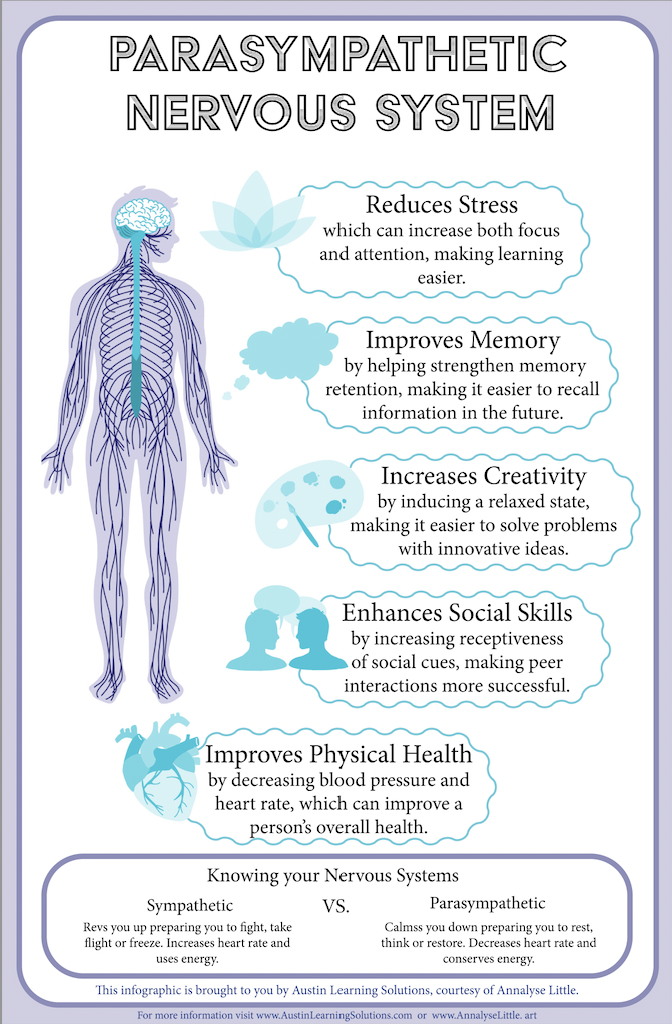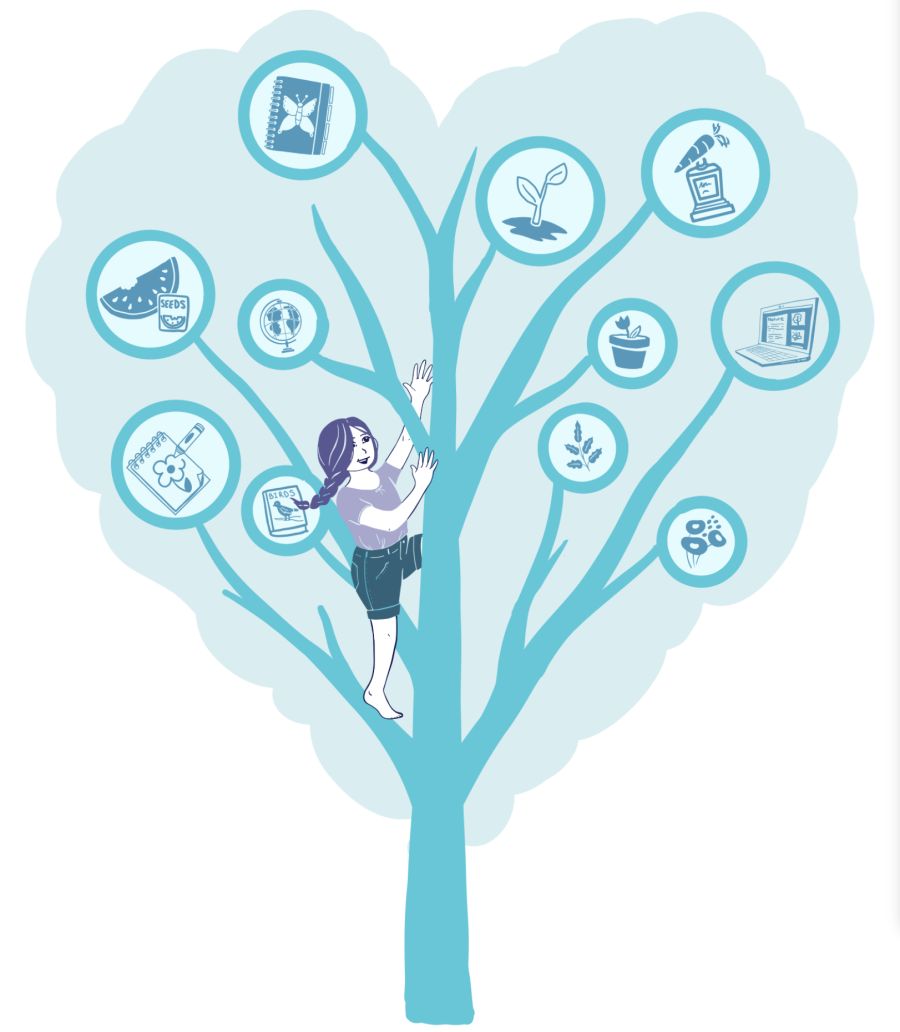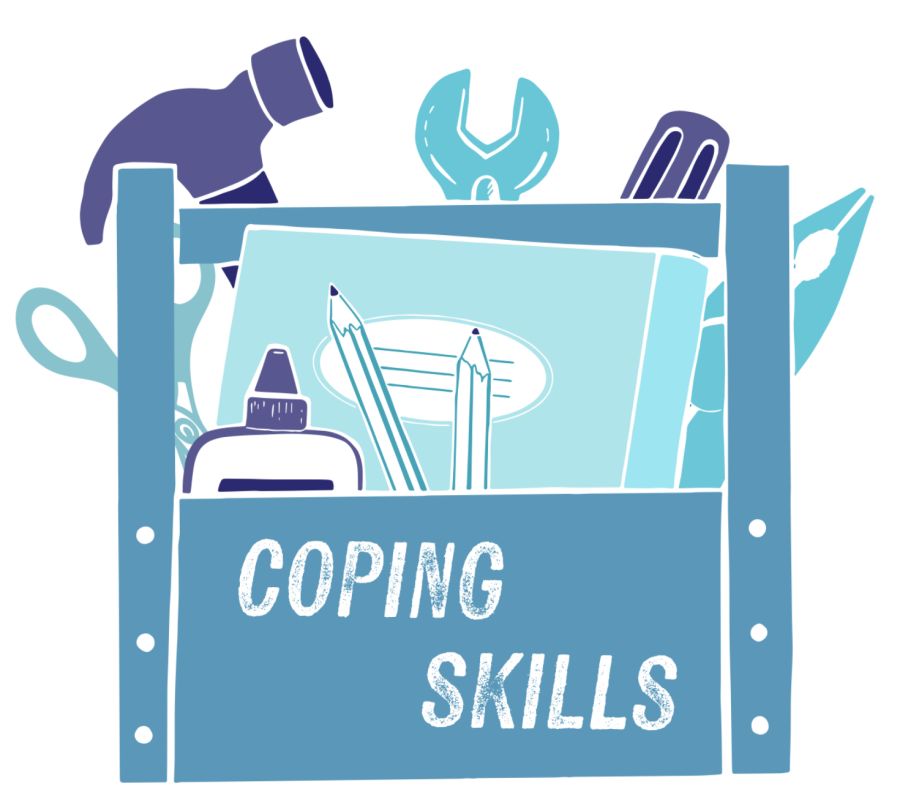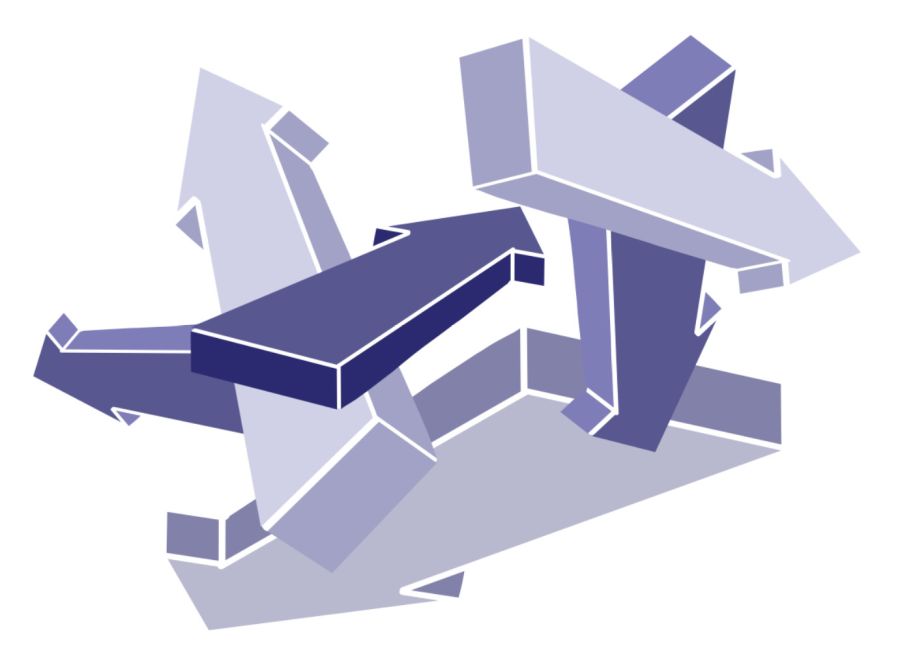What is the Parasympathetic Nervous System and Why is it so Important?

The parasympathetic nervous system (PNS) is the branch of the autonomic nervous system that helps regulate the body's rest and digest response. When the PNS is activated, the body is in a relaxed state, which is optimal for learning and cognitive processing. Here are some reasons why the parasympathetic nervous system is optimal for a child's ability to learn in the classroom:
Reduced Stress: When the PNS is activated, it reduces the body's stress response, which can improve a child's ability to focus and pay attention in the classroom. Chronic stress can negatively impact a child's cognitive development and academic performance, so a relaxed state is crucial for optimal learning.
Improved Memory: The PNS plays a critical role in memory consolidation, the process by which new information is stored in the brain. When the PNS is activated, it can help strengthen memory retention, which can aid in a child's ability to recall information in the future.
Increased Creativity: The relaxed state induced by the PNS fosters creativity and imagination. Children are more likely to come up with innovative ideas and approaches to problem-solving when they are in a comfortable state, rather than feeling pressured or stressed.
Enhanced Social Skills: The PNS is also involved in social engagement, which can improve a child's ability to interact with others in the classroom. When a child is relaxed, they are more likely to be approachable and receptive to social cues, leading to better communication and collaboration with peers and teachers.
Improved Physical Health: The PNS is associated with improved physical health, including a decrease in blood pressure and heart rate. This can lead to improved overall well-being and reduced absenteeism, allowing for more consistent and continuous learning in the classroom.
In conclusion, activation of the parasympathetic nervous system is crucial for a child's ability to learn in the classroom. By reducing stress, improving memory, fostering creativity, enhancing social skills, and promoting physical health, a relaxed state can optimize a child's cognitive and academic performance. Teachers and parents can help support PNS activation in children by promoting healthy habits such as exercise, sleep, and mindfulness practices.
At Austin Learning Solutuions we use iLs sound therapy programs to help children and adults struggling to regulate there PNS in the areas discussed above. If you or your child need support in these areas, iLs may be a great choice! Reach out to Dr. William Merring to learn more and see if iLs is right for you!
Dr. William Merring PT
Neurological Clinical Specialist
Austin Learning Solutions
(512) 609 - 0745
Related Articles That Might
Interest You

Neurodivergent Special Interest

Coping Skill( CBT techniques and DBT techniques)
